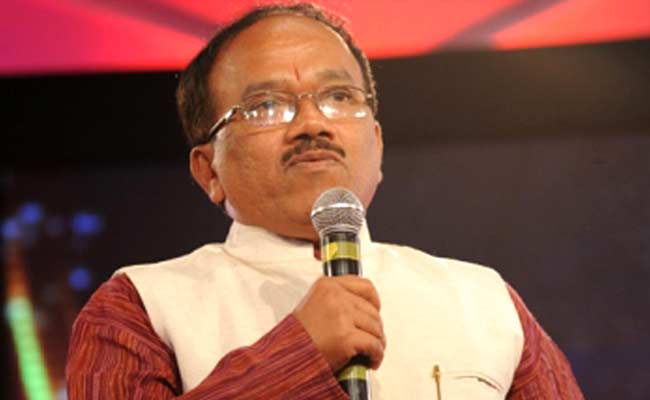Goa reeling under the effects of ‘Going Cashless’
An attempt to go ‘Cashless’ saw the Goan people and especially the traders, vendors and hawkers in a bad situation. Sympathising with them, the CM extended the deadline. He stated that although December 30th was the deadline for going cashless, no penalty would be imposed on those who failed to comply.
Many people suffered due to inability to make purchases and some even lost their lives out of starvation due to lack of access to liquid cash. Visibly the queues for withdrawal are serpentine at banks as well as ATM’s. Foreign Tourists can be seen standing for hours outside ATM’s waiting to withdraw cash.
According to Parsekar,”To go cashless is an appeal. I am clarifying again. We have said that we are not going to be cent percent cashless.”
Earlier the rosy picture painted about a cashless society, and Goa being the first, has left a sour taste among the Goans.
Unfortunately, what was meant to be good has turned out to be a bitter experience especially among the minority.
But we still have hope. In the words of Parsekar, “Central government has high expectation from a state like Goa. Goa can do it but that does not mean we will be troubling people to go cashless,” he added. (Information as reported by PTI).
Goa surging ahead to become India’s first ‘Cashless Society’
Defence Minister Manohar Parrikar to ensure Goa becomes the first cashless society in India from December 31. People will now be able to buy groceries, fish, meat, vegetables or anything else at the press of a button on their mobile phones.
“One thing we decided is that whenever India becomes a cashless society, Goa will become the first. We have to support the prime minister’s dream,” Parrikar added saying that your mobile can become your bank and one can do anything once he/she has registered her/his mobile number with the bank under the central government unified payment interference (UPI).
Money transactions will be a thing of the past. People needn’t carry cash. Mobile phones could be used to make payments of any kind. “The money on purchases will be debited to the person’s bank account,” chief secretary R K Srivastava told STOI.
Srivastava said that every vendor who registers with the bank would be given an MMID code.
A purchaser needs to do dial *99# from any type of mobile phone and punch in details of her/his account and the amount the customer needs to transfer to the vendor. The customer will have to enter the MI code of the vendor to transfer the funds. Transfer of money from the customer’s account to the vendor’s account would happen within no time.
This system will enable transferring small cash amounts to small vendors who do not have swipe machines. Swiping of ATM and credit cards at shops and establishments will continue.
What a purchaser / customer needs to have :
- A bank account with money deposited into it
- Any ordinary mobile phone and mobile number
- Register the mobile number with the Bank under the UPI scheme
- Remember to dial *99# to start the process for payment to vendor
- Get the MI code from the vendor and type it into the mobile where necessary to complete the transaction for payment
What a vendor / seller needs to have:
- A Bank account
- Registration with the Bank as a vendor
- Get an MMID code from the bank
For all our lovely tourists visiting Goa and in need of a massage on the beach, you could now avail of a cashless massage! No need of carrying your wallets or purses along. Just carry your mobile phone.
All progress comes at a price. Unfortunately, the poor pay a bigger one.
The cashless scheme sounds good. Looking at the bigger picture, we can conclude that the Centre will have access to all bank accounts and indirectly to detailed information about every individual in the country.
As the adage goes, “no gain without pain!”, a little hardship for great benefits.
Information credit :TOI


